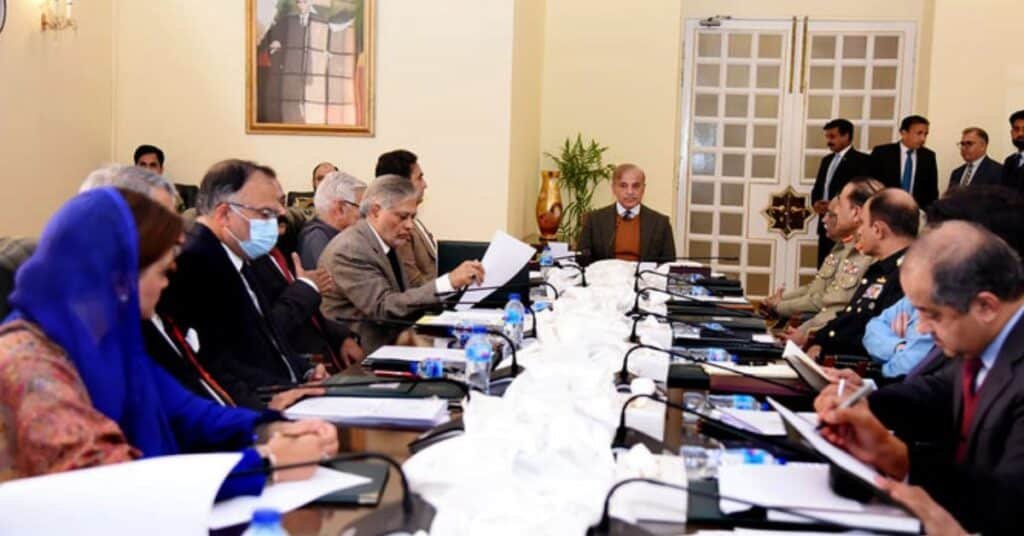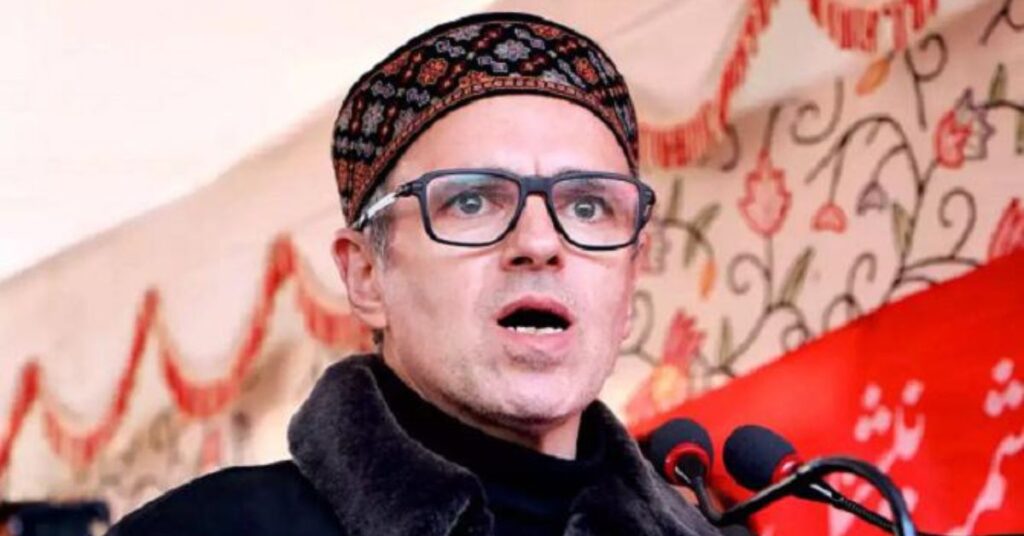ISLAMABAD (Kashmir English): A high-level NSC meeting was held under the chairmanship of Prime Minister Shehbaz Sharif to respond to India’s recent aggressive actions and propaganda following the Pahalgam incident.
In its official communiqué, the committee unanimously rejected New Delhi’s baseless allegations and labelled the Pahalgam attack a politically motivated false flag operation.
During the national security committee meeting, strong condemnation was voiced against India’s attempt to unilaterally suspend the Indus Waters Treaty, a move Pakistan called completely unacceptable.
The NSC warned that any water or border-related provocation from India would be met with a decisive and forceful response.
The meeting also reviewed Pakistan’s existing bilateral agreements with India, including the Simla Agreement, and decided to consider suspending all such arrangements in the wake of India’s hostile posture.
Effective immediately, the Wagah border has been closed, and all Indian transit activities have been suspended. Under the SAARC visa exemption scheme, all visas issued to Indian citizens, except for the Sikh pilgrims, have been cancelled.
The national security committee meeting further decided to declare Indian defence, naval, and air attachés as persona non grata, ordering them to leave the country. The Indian High Commission’s staff in Islamabad will now be reduced to a maximum of 30 officials.
In a significant move, Pakistan has also closed its airspace for all Indian airlines and suspended all trade with India.
The NSC stated that India’s provocations only serve to confirm the reality of the two-nation theory. It reaffirmed that Pakistan will never compromise on its sovereignty, national security, or dignity.
According to the national security committee meeting statement, India’s ongoing occupation of Kashmir remains a blatant violation of United Nations resolutions.
It added that the Pahalgam incident, being used by India to serve political goals, reflects the country’s malicious intent.
The committee also pointed to Indian spy Kulbhushan Jadhav as living proof of state-sponsored terrorism and reiterated that Pakistan has always stood at the frontlines of the global war against terrorism, rejecting Indian propaganda as ineffective and dishonest.
The national security committee meeting concluded with a firm commitment to defend Pakistan’s national interests and to expose India’s misinformation campaigns at every level.




